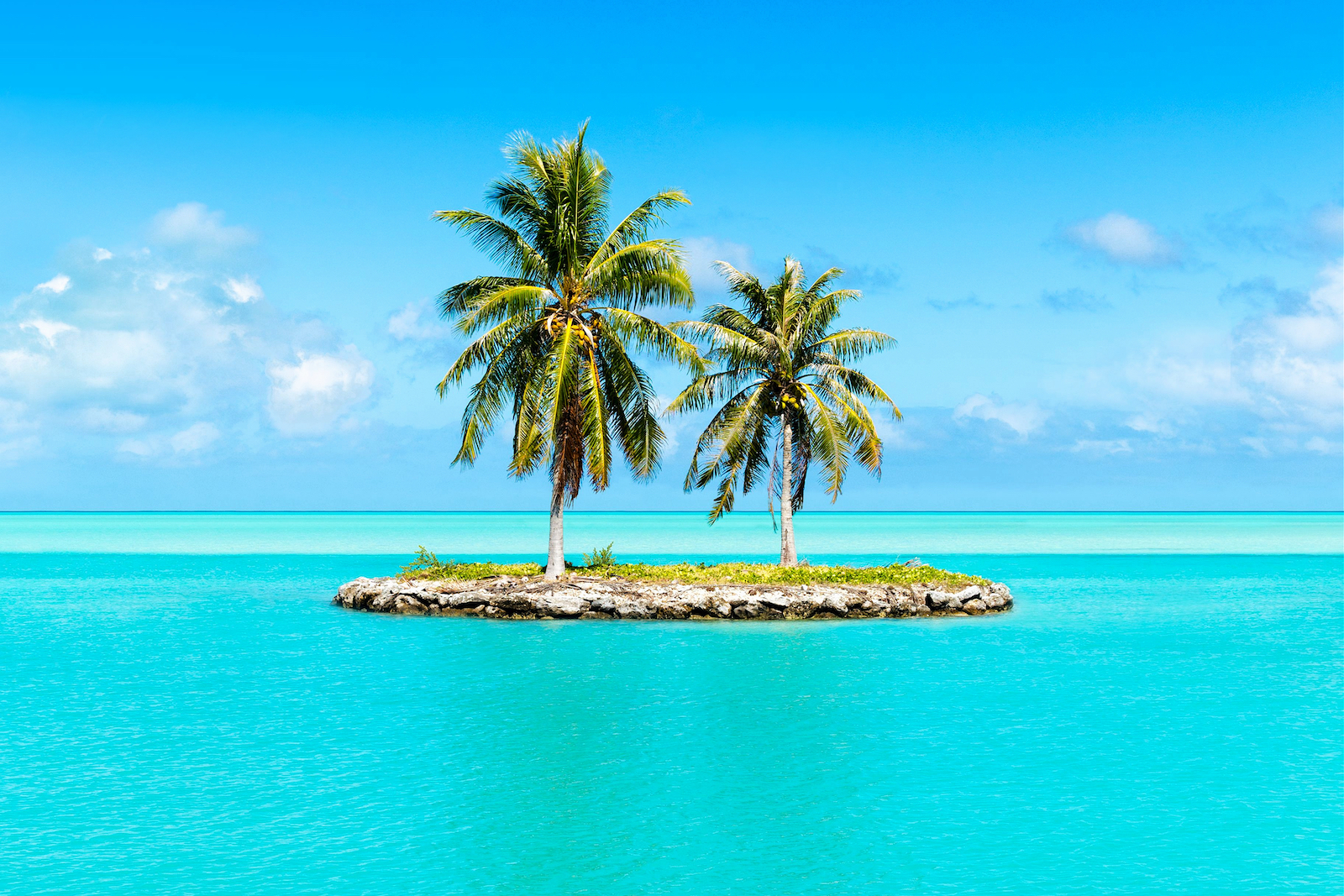
Surviving the Waves: Pacific Island Nations Face an Existential Crisis
The riveting landscapes and vibrant cultures of the Pacific Islands have long been a source of fascination and wonder for the world. However, the very existence of these unique island nations is under threat due to the relentless march of climate change. Rising sea levels, ocean acidification, and intensified storm surges are putting these island nations on the front lines of the worsening climate disaster.
In the face of this existential threat, Pacific Island states are taking bold steps to safeguard their cultural heritage, traditions, and identities against the decaying of their natural defenses. While climatologists cannot exactly predict when parts of the region will become untenable, existing research and on-the-ground meteorological patterns reveal how several islands may become inevitably uninhabitable.
As such, I want to highlight the proactive measures these nations are undertaking to preserve their cultural and historical legacies. I also explore the potential obstacles and opportunities these measures face amidst the growing competition between China and the United States in the region and Tuvalu’s notable leadership since 2022 in mitigating climate change, which has inspired smaller middle states to take up the mantle of responsibility.
The Pacific Islands, among the first hit by climate change, face the fastest sea-level rise in nearly five millennia due to severe flooding and the erosion of various low-lying islands. With over 25,000 islands spanning 15% of the globe’s surface, the Pacific is home to 1,750 unique languages and millions of disparate communities. This culturally diverse region, home to Melanesian, Polynesian, and Micronesian groups, has a deep history of maritime exploration and reliance on coastal resources. The Solomon Islands, spanning hundreds of islands, are at the forefront of experiencing the submersion of five reef islands, while an additional six have nearly vanished entirely since the beginning of this century.
Kiribati, designated a UN climate risk since 1989, faces growing dangers from rising sea levels and storms, resulting in freshwater contamination, crop damage, and residential flooding. Despite minimal greenhouse gas emissions (0.6% of the global total), the nation grapples with emigration, temporary measures, and land acquisition in Fiji. Seeking international aid for climate-displaced individuals, New Zealand is the sole provider, accepting 150 migrants annually. Alongside the threat to its physical landscape, Kiribati also risks losing centuries of its unique cultural and historical identity.
Despite the bleak outlook, Pacific Island states have been proactive in their efforts to preserve their culture and heritage. They have identified gaps in international instruments, including the Conventions on Statelessness and COP26 summit, which fail to address the threat of failing living conditions for sovereign states.
With the assistance of developed countries, many nations in the Pacific are implementing climate-resilient strategies, such as building seawalls, elevated infrastructure, and relocation plans for vulnerable communities. These efforts aim to ensure the continuity of their cultures despite changing physical landscapes. Additionally, they are documenting indigenous knowledge to contribute to global climate research and educating the youth about climate change’s impact on their heritage. Cultural festivals promote identity and resilience, attracting support, while sustainable tourism generates income for heritage projects while preserving the environment.
One standout example of such initiatives comes from the tiny island nation of Tuvalu, located between Hawaii and Australia. Facing the risk of disappearing within the next three decades, Tuvalu, along with the Marshall Islands, initiated the Rising Nations Initiative (RNI) in September 2022 on the sidelines of the UN General Assembly meeting. This initiative emphasizes the importance of co-creating solutions with the people and governments of Island nations.
The Rising Nations Initiative has several objectives, including reaffirming the global commitment to protect Pacific atoll island nations from sea-level rise, enhancing local resilience, safeguarding exclusive economic zones, preserving cultural heritage through the Rising Nations Heritage Project, and assisting these nations in obtaining UNESCO World Heritage status to safeguard their heritage, culture, and geography in the face of the climate crisis.
Pacific Island leaders have welcomed the Biden administration’s recognition of the threat posed by climate change-related sea-level rise, leading to the first joint summit between Washington and 12 Pacific Island states in Washington, D.C.
Tuvalu has also taken innovative steps in the technological realm. Leaders in Funafuti have launched the Future Now Project, which aims to secure the sovereignty and cultural heritage of their people, even in resettlement abroad. Under Initiative 3 of this project, Tuvalu seeks to digitize its geography through satellite imagery and drone footage. This digital platform will preserve their cultural identity, language, and traditions, enabling Tuvaluans to engage globally while maintaining their unique heritage.
Additionally, adjustments in more commercialized nations pose challenges. Immigrants from Funafuti have emphasized the importance of financial stability in these countries compared to the traditional support systems in the islands. This highlights the complex issues Pacific Island nations face as they navigate the impact of climate change on their culture and heritage.
The Pacific Island states are fighting an uphill battle against climate change, which threatens to erase their cultures and displace their communities within the next two centuries. However, these nations are not giving up without a fight. Amid a growing regional Sino-American strategic rivalry, Tuvalu’s Minister for Justice, Communication & Foreign Affairs, Simon Kofe, emphasizes that smaller Pacific nations are now doubly vulnerable, facing both climate change as an existential threat and the risk of becoming “pawns” in this power competition.
Through a combination of climate resilience, traditional knowledge preservation, education, and sustainable practices, the islands are determined to ensure that their unique cultures and rich heritages endure for generations to come. The world should take note of their efforts and provide support to these vulnerable nations in their noble quest to protect their way of life.
